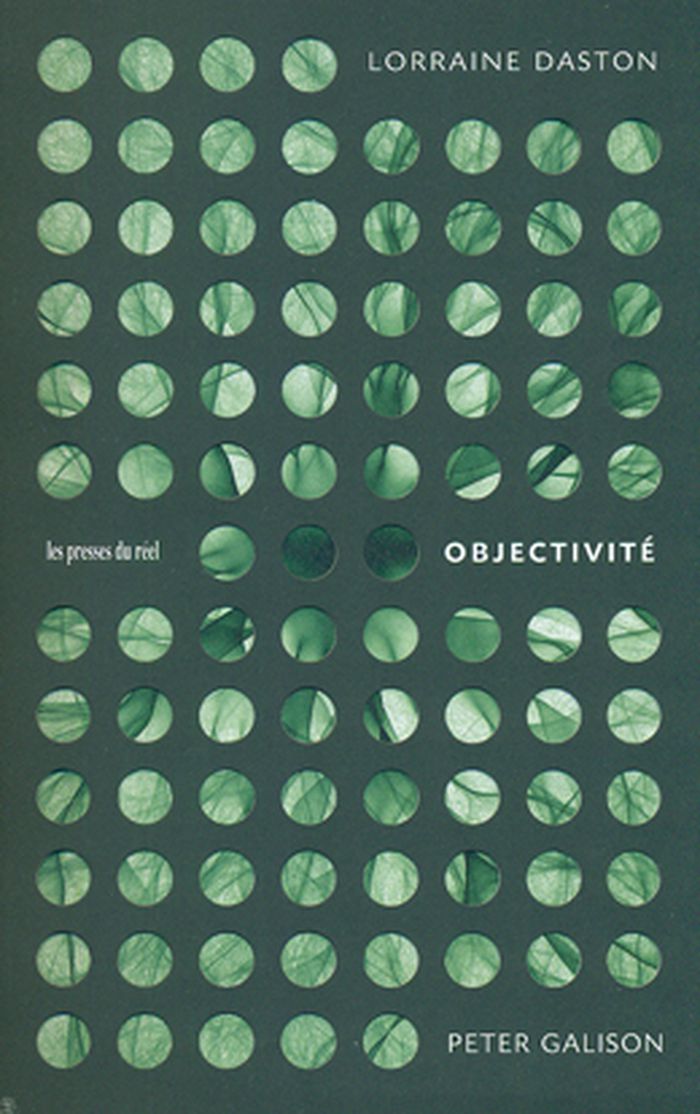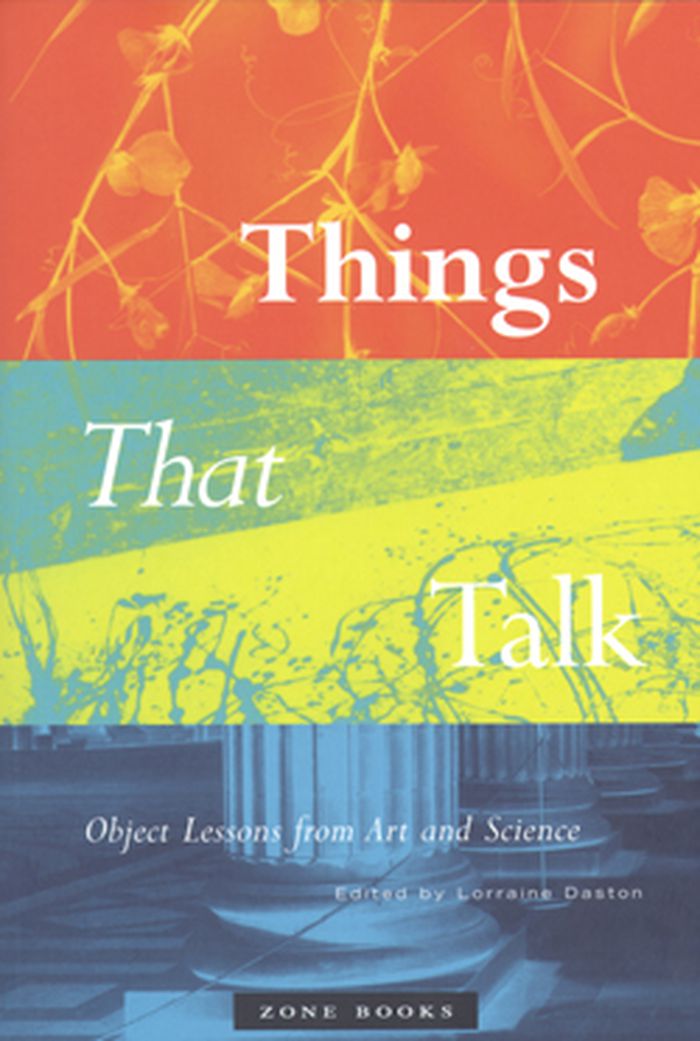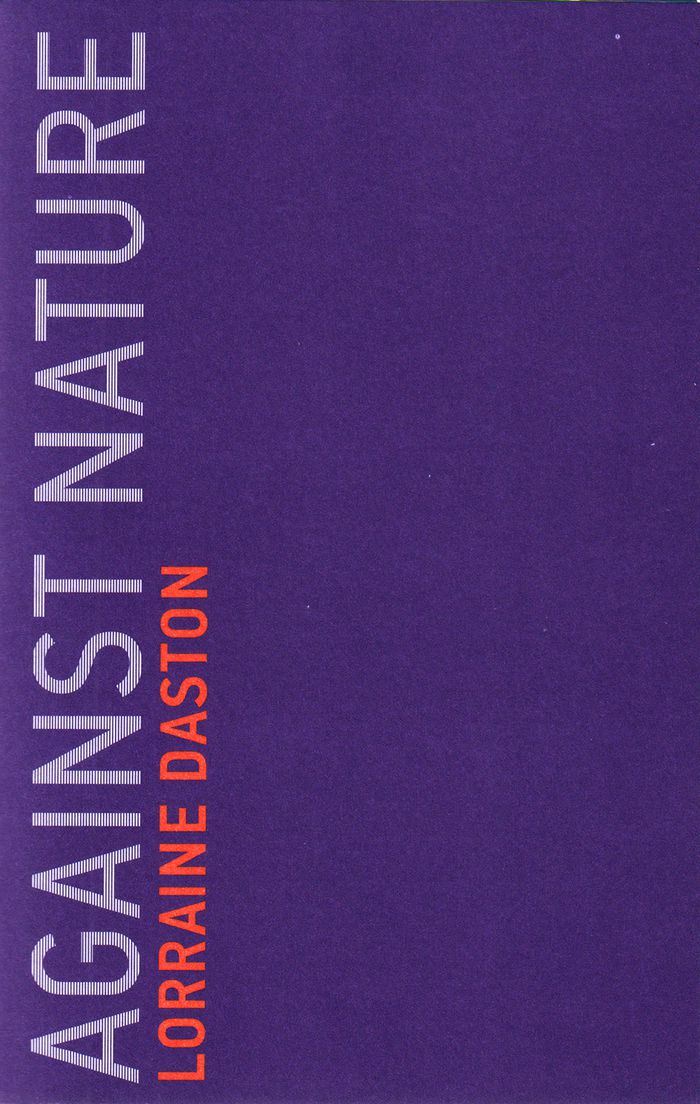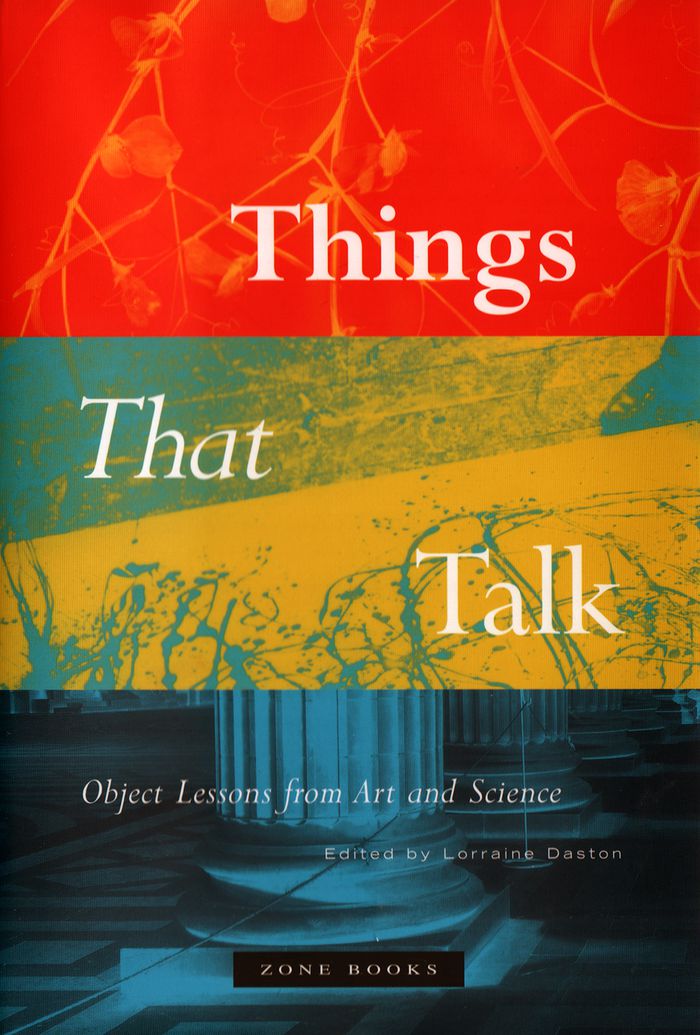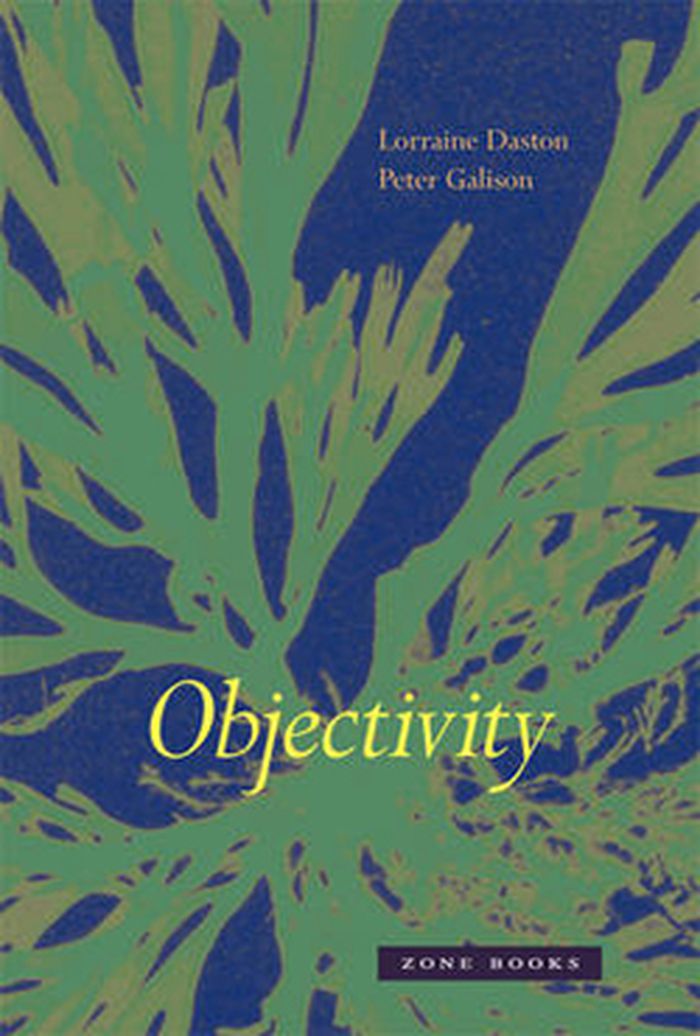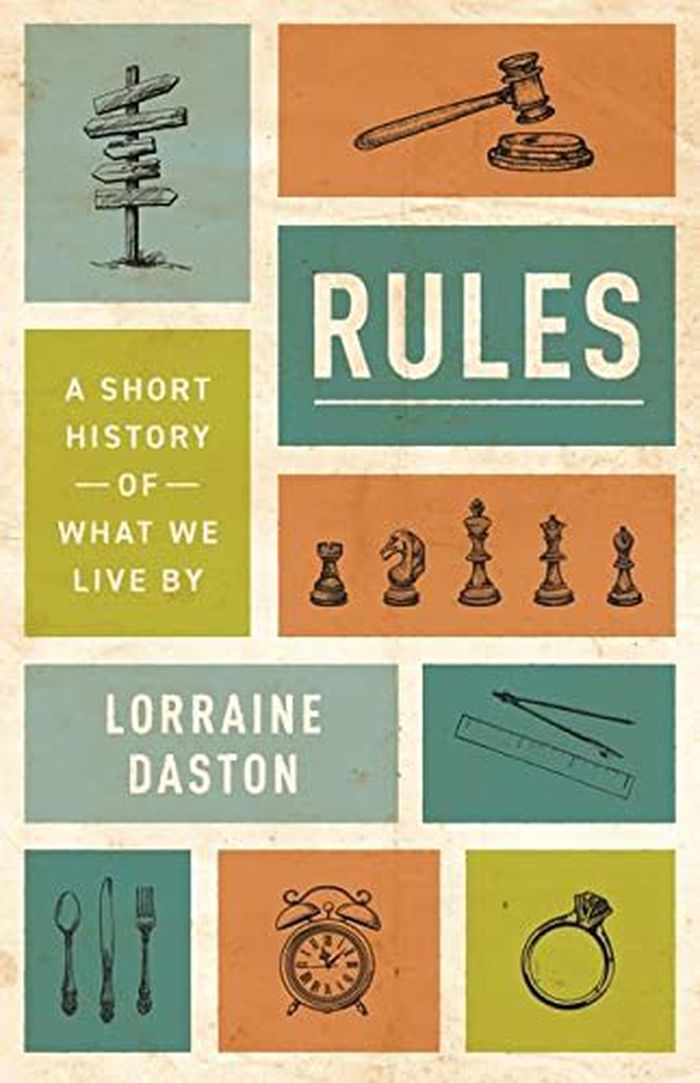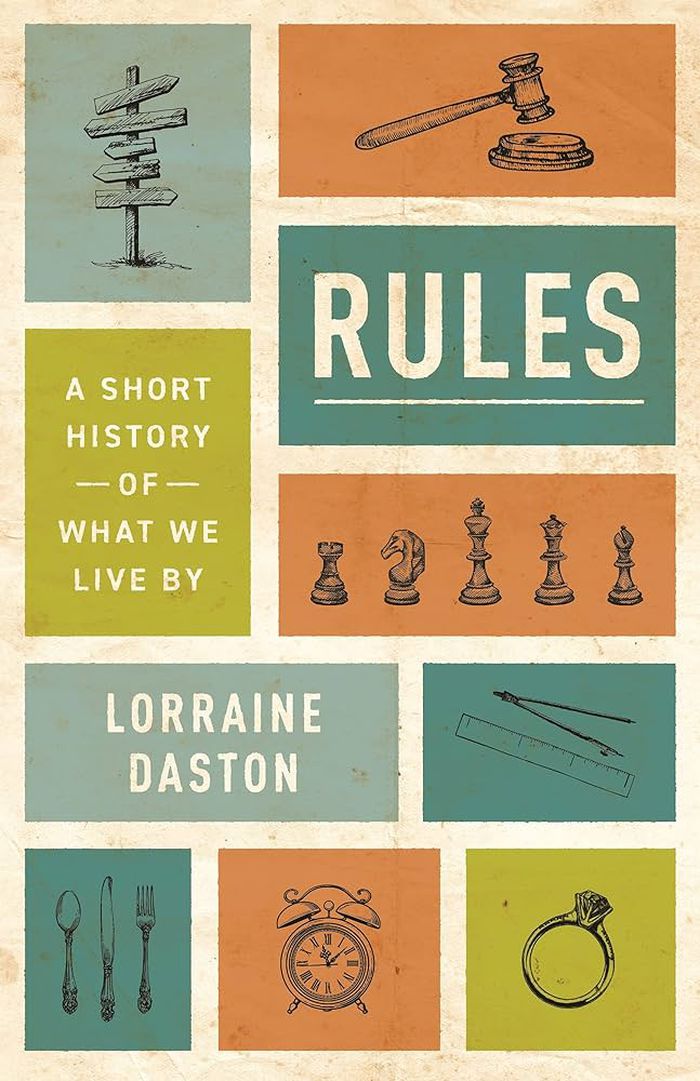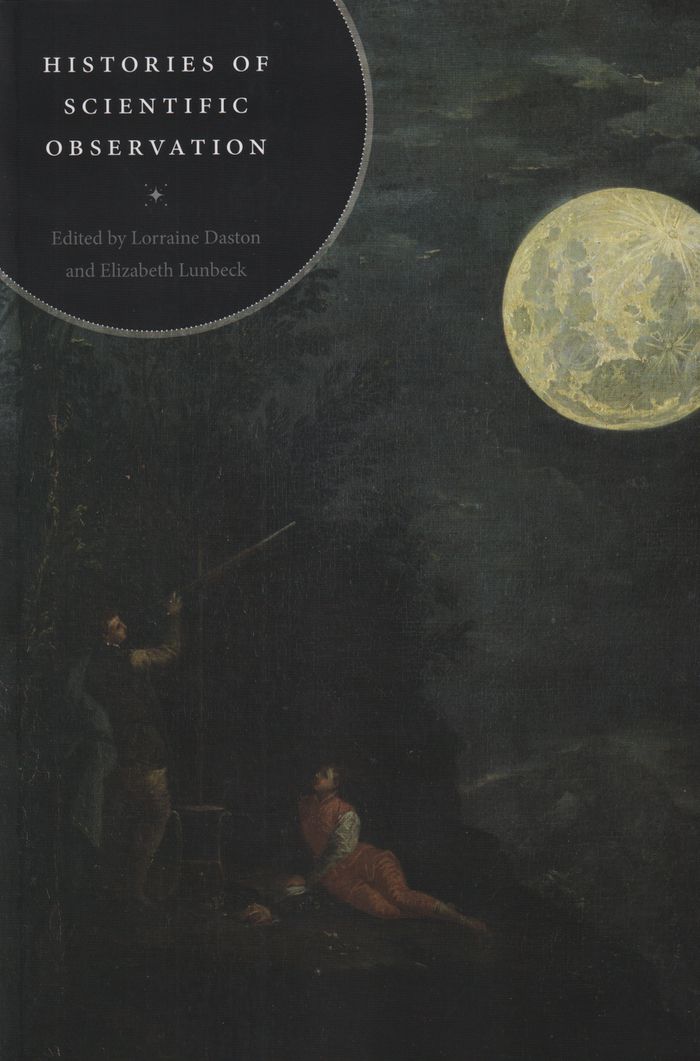Objectivité
$42.95
(disponible sur commande)
Résumé:
L'objectivité est nécessaire à l'histoire mais il y a aussi une histoire de l'objectivité : le maître livre de Daston et Galison la développe par une périodisation originale des aventures du concept. Un ouvrage fondamental, rédigé par deux des plus grands historiens actuels des sciences, qui appartient aussi bien à l'histoire de l'art (et à l'histoire tout court) qu'à(...)
Objectivité
Actions:
Prix:
$42.95
(disponible sur commande)
Résumé:
L'objectivité est nécessaire à l'histoire mais il y a aussi une histoire de l'objectivité : le maître livre de Daston et Galison la développe par une périodisation originale des aventures du concept. Un ouvrage fondamental, rédigé par deux des plus grands historiens actuels des sciences, qui appartient aussi bien à l'histoire de l'art (et à l'histoire tout court) qu'à celle des sciences et de la philosophie, impliquant des « manières de voir » à la fois sociales, épistémologiques, esthétiques et éthiques. Traduit de l'anglais par Sophie Renaut et Hélène Quiniou (titre original : Objectivity, Zone Books, 2007).
Théorie/ philosophie
$27.00
(disponible sur commande)
Résumé:
Imagine a world without things. There would be nothing to describe, nothing to explain, remark, interpret, or complain about. Without things, we would stop speaking; we would become as mute as things are alleged to be. In nine original essays, internationally renowned historians of art and of science seek to understand how objects become charged with significance without(...)
Things that talk : Object lessons from art and science
Actions:
Prix:
$27.00
(disponible sur commande)
Résumé:
Imagine a world without things. There would be nothing to describe, nothing to explain, remark, interpret, or complain about. Without things, we would stop speaking; we would become as mute as things are alleged to be. In nine original essays, internationally renowned historians of art and of science seek to understand how objects become charged with significance without losing their gritty materiality. True to the particularity of things, each of the essays singles out one object for close attention: a Bosch drawing, the freestanding column, a Prussian island, soap bubbles, early photographs, glass flowers, Rorschach blots, newspaper clippings, paintings by Jackson Pollock. Each is revealed to be a node around which meanings accrete thickly. But not just any meanings: what these things are made of and how they are made shape what they can mean. Neither the pure texts of semiotics nor the brute objects of positivism, these things are saturated with cultural significance. Things become talkative when they fuse matter and meaning; they lapse into speechlessness when their matter and meanings no longer mesh. Each of the nine objects examined in this book had its historical moment, when the match of this thing to that thought seemed irresistible. At these junctures, certain things become objects of fascination, association, and endless consideration; they begin to talk. Things that talk fleetingly realize the dream of a perfect language, in which words and world merge.
Théorie/ philosophie
Against nature
$18.95
(disponible sur commande)
Résumé:
Lorraine Daston asks why we continually seek moral orders in natural orders, despite so much good counsel to the contrary. She outlines three specific forms of natural order in the Western philosophical tradition — specific natures, local natures, and universal natural laws — and describes how each of these three natural orders has been used to define and oppose a(...)
Against nature
Actions:
Prix:
$18.95
(disponible sur commande)
Résumé:
Lorraine Daston asks why we continually seek moral orders in natural orders, despite so much good counsel to the contrary. She outlines three specific forms of natural order in the Western philosophical tradition — specific natures, local natures, and universal natural laws — and describes how each of these three natural orders has been used to define and oppose a distinctive form of the unnatural. She argues that each of these forms of the unnatural triggers equally distinctive emotions: horror, terror, and wonder.
$31.50
(disponible sur commande)
Résumé:
Imagine a world without things. There would be nothing to describe, explain, remark on, interpret, or complain about. Without things, we would, in short, stop speaking; we would become as mute as objects are alleged to be. In nine original essays, internationally renowned historians of art and of science seek to understand how objects become charged with significance(...)
Things that talk: object lessons from art and science
Actions:
Prix:
$31.50
(disponible sur commande)
Résumé:
Imagine a world without things. There would be nothing to describe, explain, remark on, interpret, or complain about. Without things, we would, in short, stop speaking; we would become as mute as objects are alleged to be. In nine original essays, internationally renowned historians of art and of science seek to understand how objects become charged with significance without losing their gritty materiality. Things That Talk aims to escape the opposition between positivist facts and cultural readings that bifurcates the current historiography of both art and science.
Théorie/ philosophie
Objectivity
$38.00
(disponible sur commande)
Résumé:
Objectivity has a history, and it is full of surprises. In Objectivity, Lorraine Daston and Peter Galison chart the emergence of objectivity in the mid-nineteenth-century sciences—and show how the concept differs from its alternatives, truth-to-nature and trained judgment. This is a story of lofty epistemic ideals fused with workaday practices in the making of scientific(...)
octobre 2010
Objectivity
Actions:
Prix:
$38.00
(disponible sur commande)
Résumé:
Objectivity has a history, and it is full of surprises. In Objectivity, Lorraine Daston and Peter Galison chart the emergence of objectivity in the mid-nineteenth-century sciences—and show how the concept differs from its alternatives, truth-to-nature and trained judgment. This is a story of lofty epistemic ideals fused with workaday practices in the making of scientific images. From the eighteenth through the early twenty-first centuries, the images that reveal the deepest commitments of the empirical sciences—from anatomy to crystallography—are those featured in scientific atlases, the compendia that teach practitioners what is worth looking at and how to look at it. Galison and Daston use atlas images to uncover a hidden history of scientific objectivity and its rivals. Whether an atlas maker idealizes an image to capture the essentials in the name of truth-to-nature or refuses to erase even the most incidental detail in the name of objectivity or highlights patterns in the name of trained judgment is a decision enforced by an ethos as well as by an epistemology.
livres
Objectivity
$42.00
(disponible sur commande)
Résumé:
Objectivity has a history, and it is full of surprises. In Objectivity, Lorraine Daston and Peter Galison chart the emergence of objectivity in the mid-nineteenth-century sciences—and show how the concept differs from its alternatives, truth-to-nature and trained judgment. This is a story of lofty epistemic ideals fused with workaday practices in the making of scientific(...)
Objectivity
Actions:
Prix:
$42.00
(disponible sur commande)
Résumé:
Objectivity has a history, and it is full of surprises. In Objectivity, Lorraine Daston and Peter Galison chart the emergence of objectivity in the mid-nineteenth-century sciences—and show how the concept differs from its alternatives, truth-to-nature and trained judgment. This is a story of lofty epistemic ideals fused with workaday practices in the making of scientific images. From the eighteenth through the early twenty-first centuries, the images that reveal the deepest commitments of the empirical sciences—from anatomy to crystallography—are those featured in scientific atlases, the compendia that teach practitioners what is worth looking at and how to look at it. Galison and Daston use atlas images to uncover a hidden history of scientific objectivity and its rivals. Whether an atlas maker idealizes an image to capture the essentials in the name of truth-to-nature or refuses to erase even the most incidental detail in the name of objectivity or highlights patterns in the name of trained judgment is a decision enforced by an ethos as well as by an epistemology.
livres
janvier 2007
Théorie de l’architecture
$39.95
(disponible sur commande)
Résumé:
In this book, historian Lorraine Daston traces the development of rules in the Western tradition and shows how they have evolved from ancient to modern times. Drawing on a rich trove of examples, including legal treatises, cookbooks, military manuals, traffic regulations, and game handbooks, Daston demonstrates that while the content of rules is dazzlingly diverse, the(...)
Rules: A short history of what we live by
Actions:
Prix:
$39.95
(disponible sur commande)
Résumé:
In this book, historian Lorraine Daston traces the development of rules in the Western tradition and shows how they have evolved from ancient to modern times. Drawing on a rich trove of examples, including legal treatises, cookbooks, military manuals, traffic regulations, and game handbooks, Daston demonstrates that while the content of rules is dazzlingly diverse, the forms that they take are surprisingly few and long-lived. Rules have been devised for almost every imaginable activity and range from meticulous regulations to the laws of nature. Daston probes beneath this variety to investigate when rules work and when they don’t, and why some philosophical problems about rules are as ancient as philosophy itself while others are as modern as calculating machines.
Social
$29.95
(disponible en magasin)
Résumé:
In this book, historian Lorraine Daston traces the development of rules in the Western tradition and shows how they have evolved from ancient to modern times. Drawing on a rich trove of examples, including legal treatises, cookbooks, military manuals, traffic regulations, and game handbooks, Daston demonstrates that while the content of rules is dazzlingly diverse, the(...)
Rules: A short history of what we live by
Actions:
Prix:
$29.95
(disponible en magasin)
Résumé:
In this book, historian Lorraine Daston traces the development of rules in the Western tradition and shows how they have evolved from ancient to modern times. Drawing on a rich trove of examples, including legal treatises, cookbooks, military manuals, traffic regulations, and game handbooks, Daston demonstrates that while the content of rules is dazzlingly diverse, the forms that they take are surprisingly few and long-lived. Rules have been devised for almost every imaginable activity and range from meticulous regulations to the laws of nature. Daston probes beneath this variety to investigate when rules work and when they don’t, and why some philosophical problems about rules are as ancient as philosophy itself while others are as modern as calculating machines.
Social
$49.95
(disponible sur commande)
Résumé:
Observation is the most pervasive and fundamental practice of all the modern sciences, both natural and human. Its instruments include not only the naked senses but also tools such as the telescope and microscope, the questionnaire, the photographic plate, the notebook, the glassed-in beehive, and myriad other ingenious inventions designed to make the invisible visible,(...)
Théorie de l’architecture
février 2011
Histories of scientific observation
Actions:
Prix:
$49.95
(disponible sur commande)
Résumé:
Observation is the most pervasive and fundamental practice of all the modern sciences, both natural and human. Its instruments include not only the naked senses but also tools such as the telescope and microscope, the questionnaire, the photographic plate, the notebook, the glassed-in beehive, and myriad other ingenious inventions designed to make the invisible visible, the evanescent permanent, the abstract concrete. Yet observation has almost never been considered as an object of historical inquiry in itself. This wide-ranging collection offers the first examination of the history of scientific observation in its own right, as both epistemic category and scientific practice. Histories of Scientific Observation features engaging episodes drawn from across the spectrum of the natural and human sciences, ranging from meteorology, medicine, and natural history to economics, astronomy, and psychology.
Théorie de l’architecture
